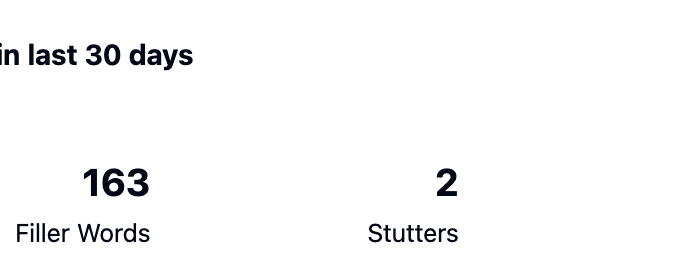
This is the third in Steve Ahern’s series on new trends at IBC24 in Amsterdam.
Content detection has come ahead in leaps and bounds over the past 12 months, with bigger data sets and better AI functionality allowing editing and publishing tools to do more with the content, faster than ever before.
For video this means that AI can analyse all the scenes in a film or tv show to identify the actors, match them with their IMDB profile, tag them on socials, add their biography to the movie’s synopsis or save their details in the movie metadata for future royalty payments.
Using speech to text tools, editing and playout software can automatically transcribe the lines spoken for subtitles, then use an embedded translation tool to offer subtitles in other languages. Subtitling and language tools are not new, but now they are faster and more accurate, and embedded into your professional software.
For audio the same speech to text tools can be used to clean up the audio, produce program synopses, compile podcast episode summaries and identify content types. My preferred program for this is Cleanvoice.ai.
Your live radio program can be automatically bookmarked by your audio editing software to create chapter markers at the point where each interview took place and to insert the name of the guest and the topic discussed. This is currently done manually after the program airs, but can now be done on the fly as a program is being broadcast using AI tools that scan the rundown and cross reference to the words spoken by the presenter using speech to text detection. For commercial stations, related advertisements can be inserted at suitable points if required to give better proximity to content for advertisers. This will make catchup radio faster and more efficient as well as making post production podcast creation easier.
Add voice cloning to the speech to text tools and the radio program can be available in any language very quickly after broadcast.
Visual software company VIDA has integrated AI into its storage and playout systems, making it easy to identify content in movies and archival audio. VIDA’s Symon Roue demonstrated how it works.
Previous articles in this series:
